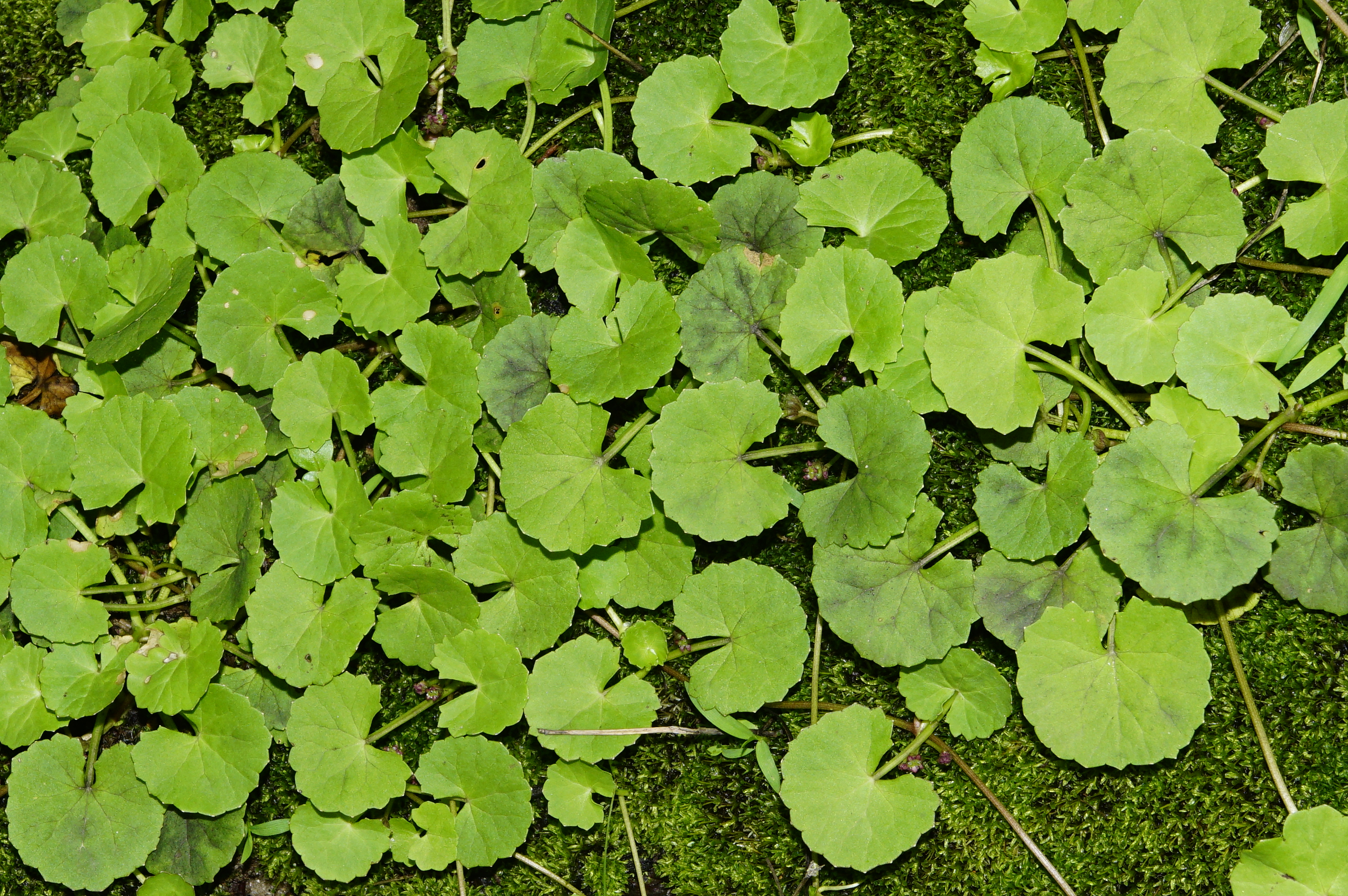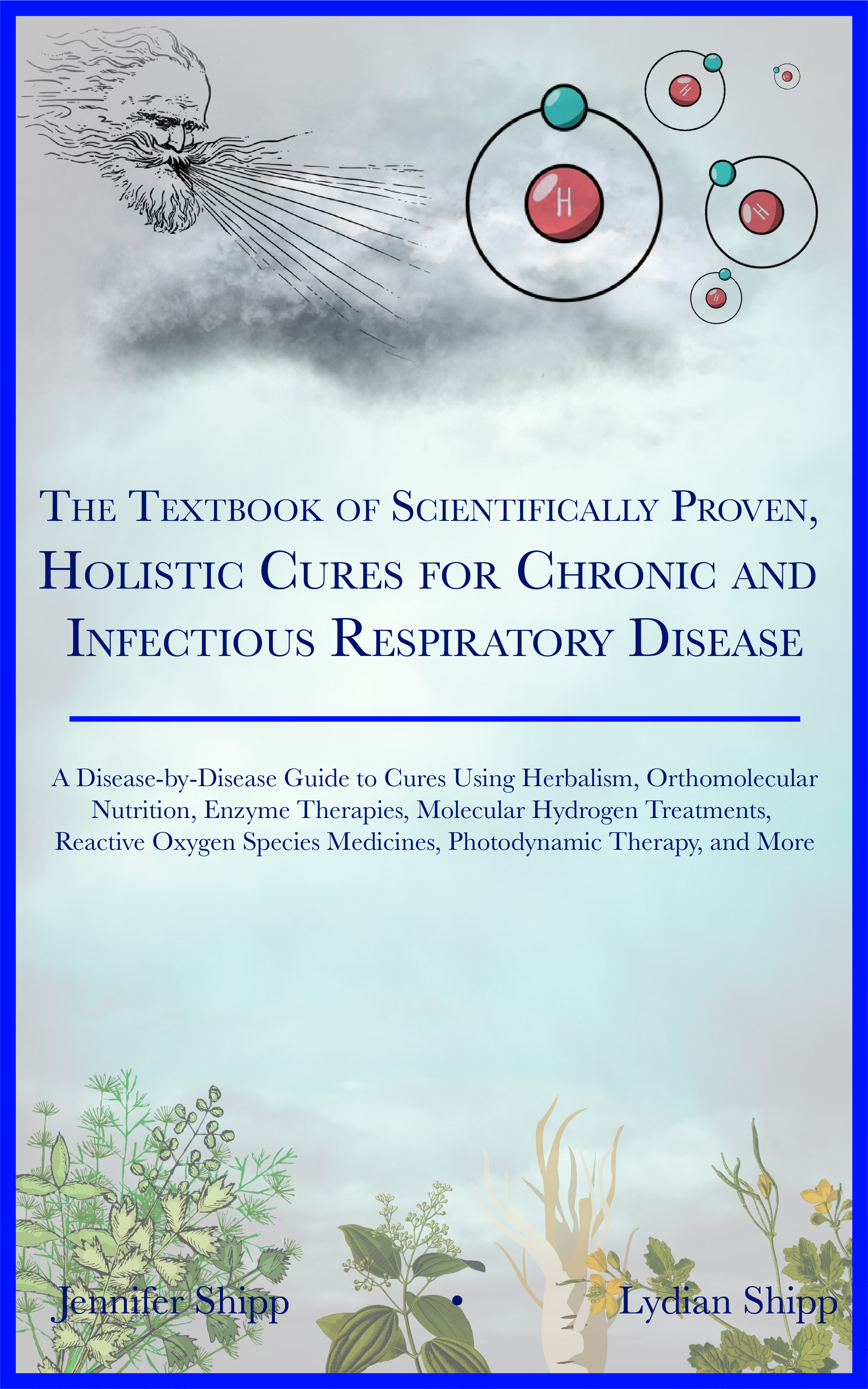Centella asiatica / Gotu Kola: Herbal Remedy for Scleroderma, Tuberculosis, Mental Health, and More
 Gotu kola, sometimes known as the “student herb” in Western society or as “pennywort” in Indian/Asia. Centella asiatica is a plant native to India and Southeast Asia where it is commonly used as a part of different traditional medicine systems as well as in various food dishes.
Gotu kola, sometimes known as the “student herb” in Western society or as “pennywort” in Indian/Asia. Centella asiatica is a plant native to India and Southeast Asia where it is commonly used as a part of different traditional medicine systems as well as in various food dishes.
The plant is used to treat the following health problems:
- Interstitial lung disease
- Asthma
- Respiratory infection (colds, flu, etc.)
- Interstitial pulmonary fibrosis
- Scleroderma (when in the lungs)
- Tuberculosis
- Pleurisy (fluid around the lungs)
- Tonsillitis
- Neuropathy
- Anxiety
- Stress
- Migraine Headaches
- Spinal Cord Injury
- Neuropsychiatric Conditions
To dose Centella asiatica / Gotu Kola, consider these dosing instructions (these are exclusively for adults up to age 65, since this herb should not be taken by children under 12 years of age. The doses below should be lowered for people over age 65 starting with a half-dose and increasing slowly if the patient tolerates treatment well:
- Standardized extract - Take between 50-250mg of the extract, 2-3 times per day. The extracts should contain 40% asiaticoside, 30% asiatic acid, 30% madecassic acid, and 2% madecassoside.
- Capsulized form - This usually contains the dried herb. Follow the same dosing instructions as for the standardized extract.
- Tincture form - Follow the instructions on the bottle or take between 30-60 drops or 1.5-3ml of the tincture three times per day.
- Dried herb form - Make a tea with the dried gotu kola and drink it 3 times a day.
Gotu kola / Centella asiatica doesn’t cause a lot of side effects. In some rare cases, the herb can cause headaches, stomach upsets, fatigue and/or drowsiness, dizziness, or nausea. Gotu kola / Centella asiatica should not generally be used medicinally for more than a month at a time since longer term, high dosage use may lead to liver problems. However, intentional short-term use is generally considered to be safe. Studies have shown that this plant is generally safe when used for 6 weeks continuously with a 2 week break period before resuming administration. Because of the plant’s effects on the liver, it should not be used in people who already have liver disease or who are taking medications specifically related to liver function. This warning is particularly important for those with lung diseases that may be rooted in the liver. For example, a number of lung diseases like plastic bronchitis / bronchitis fibroplastica may be caused by colonies of pathogens living in the liver.
This plant can raise blood sugar levels and cholesterol levels and as such, is not the right choice for someone with diabetes, high cholesterol, atherosclerosis, or alcohol addiction. Gotu kola acts as a diuretic and as a sedative. Therefore, individuals who are taking statins, sedative drugs (like those for anxiety or insomnia), diuretics, and cholesterol lowering medications, as well as people with diabetes, should talk to a medical professional before taking gotu kola.

Click here to subscribe to the Living Database!
Resources:



















